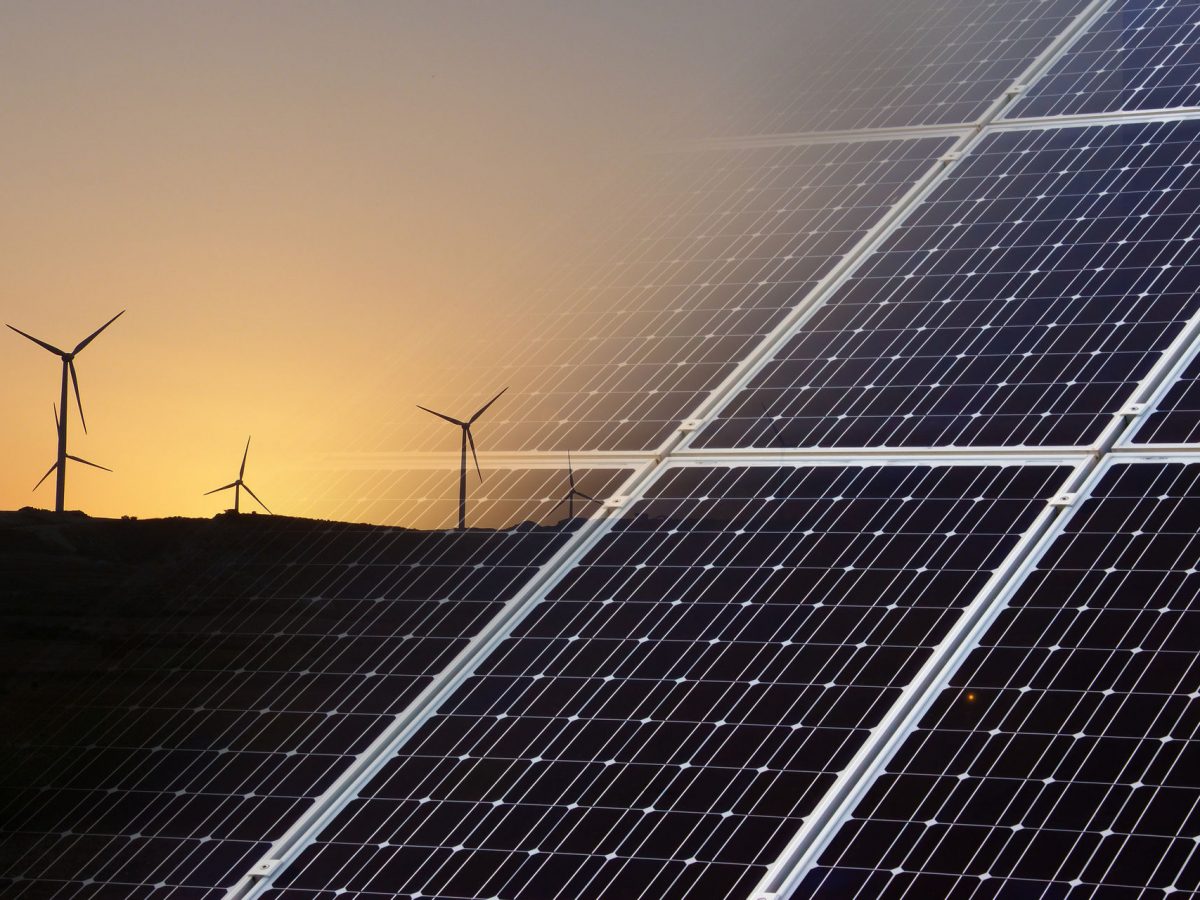BP’s incoming CEO Bernard Looney doesn’t plan to enter his new office quietly.
He has big plans to expand the company’s climate targets and is considering overhauling the structure of the oil and gas major in one of the biggest shake-ups in its 111-year history, according to a recent interview with Reuters.
The Irishman has plans to adopt broader carbon emissions reduction goals that will likely include emissions from fuels and products sold to customers rather than just the far lower emissions from BP’s own operations, according to four of the newswire’s sources.
“The aim is to catch up with, and possibly outdo, rivals such as Royal Dutch Shell and Repsolas investor pressure over climate change mounts,” said the sources who declined to be named as the plans have not yet been made public.
As part of the climate push, Looney, 49, is also looking at a broad reorganisation of the company aimed at cutting costs, said Reuters sources.
The new CEO and his team of close advisers have held an intensive series of closed-door meetings in recent weeks to outline the new strategy, according to three of the sources.
They said he would outline his “ambitions” for the company in a speech on Feb. 12, a week after he takes over from Bob Dudley.
Industry experts have expressed concern at the idea of BP strongly pushing a clean energy path following the disastrous flop of its large renewables business, branded “Beyond Petroleum”, in the early 2000s.
BP will have to rely on revenue from an expanding oil and gas business to fund its green ambitions while maintaining the generous dividends that keep investors on board, Reuters noted.
However, some industry experts pointed out that BP’s emissions are rising, as its oil and gas exploration and production activity expands, while it spends just a fraction of its investment pot on renewables and low-carbon technologies.
“Looney is coming in at a crucial moment for the oil sector,” said Morgan Stanley’s global oil analyst Martijn Rats told the newswire.
“Over the next decade, companies like BP will need to maintain supply of oil and gas, for which demand is continuing to grow. That will require ongoing investment. At the same time, they will need to prepare for a decarbonised future.”
“All the while, their investors will ask them to keep up these large dividend payments. Balancing these three demands will be the key challenge.”



